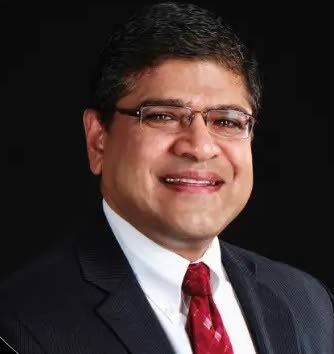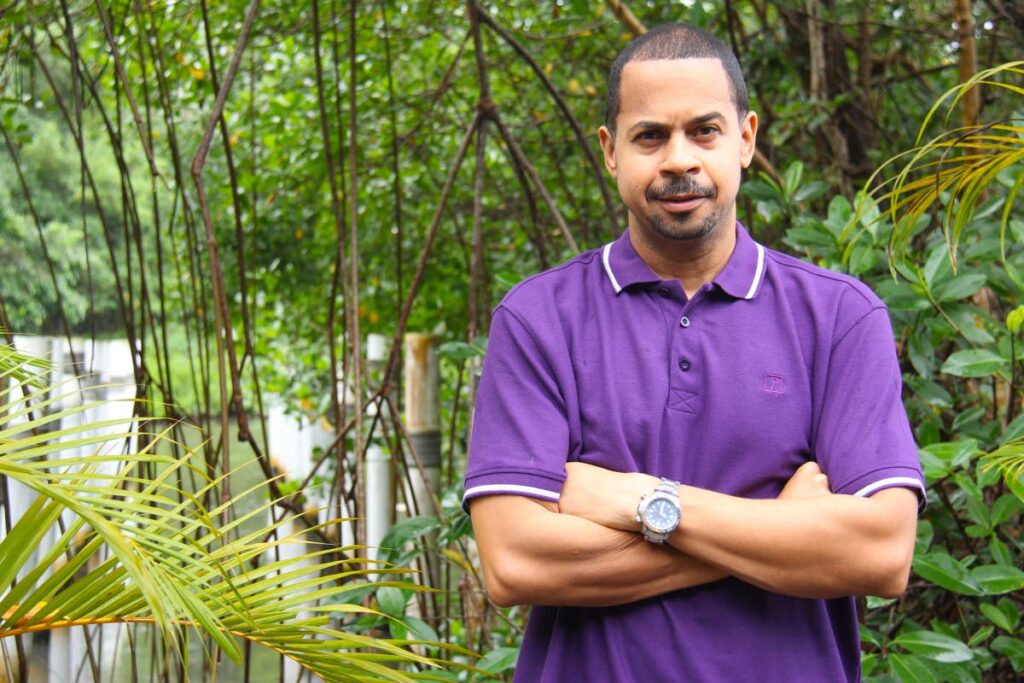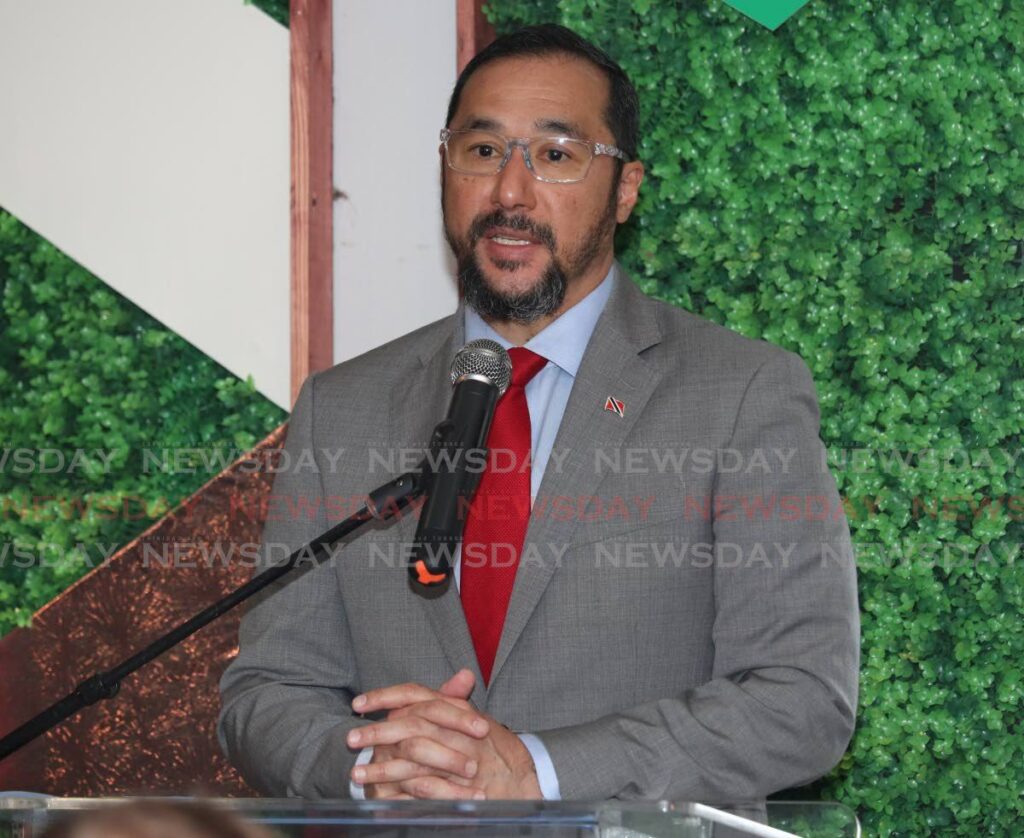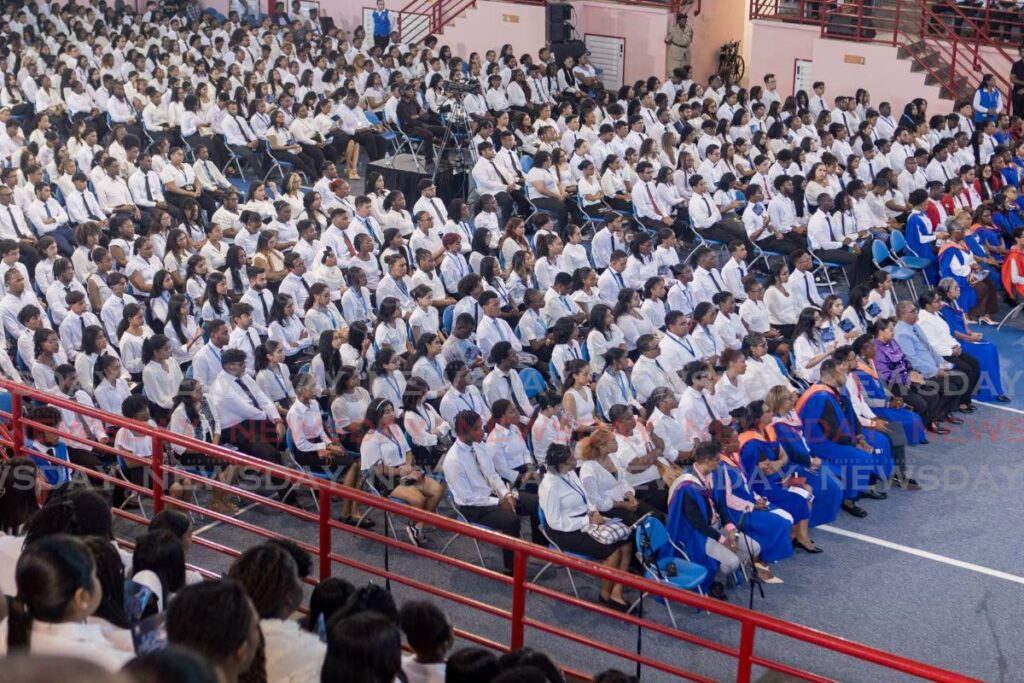Future economists demand accountability in 2025 budget
Written by Sydney Joseph on October 17, 2024

IN A two-part series, Business Day interviewed economics students to learn their perspectives on the proposed 2024/2025 budget.
While their review of the budget aligned with their original hopes, themes of accountability, effective resource management and economic stability were central to their critiques.
Hopes for digitalisation, government aid, urban growth
On September 30, Newsday interviewed three second-year undergraduates at UWI’s St Augustine campus to gain their perspectives ahead of the budget being presented.
Themes including the digital economy, government assistance programmes, education and urban development were their focus.
Alicia Rampersad emphasised the need for greater investment in digital technologies across all ministries, especially in education and health.
She hoped these investments would help streamline several processes. She advocated for a balance between digital and traditional methods, especially for services like property-tax payments, to accommodate different levels of tech-savviness among citizens.
Nirvan Babwah commented on the importance of government grants, explaining that these grants, like the Public Assistance Grant, Food Support Programme, senior citizens pension and the Disability Grant are crucial for many citizens, especially during challenging economic times like the covid19 pandemic, and hoped for continued support in these areas.
He also hoped for increased investment in the agriculture sector, as he believes this would help reduce TT’s exorbitant food import bill of $7.3 billion and increase domestic production.
“One of our regional economic goals in Caricom was to reduce the regional food import bill by 25 per cent by the year 2025, so I believe there should be more of an initiative on the agriculture sector in general.”
Giovannie Alvarez hoped the budget would hold enough space to prioritise education and urban development. He believes
investing in education is particularly important in rapidly growing urban areas. He explained that such investment could strengthen human capital and stimulate broader economic development. He added that young people’s being engaged with the budget process to better understand the government’s financial strategies had a far-reaching impact on the country as a whole.
Post-budget reflections
Almost two weeks after their initial interview, the trio, with an additional interviewee, Dylon Singh, spoke again after a Conference on the Economy (COTE) UWI post-budget forum panel discussion on October 10.
COTE, hosted by the Department of Economics, presents quality research findings from academic staff, students and collaborators to inform stakeholders on economic and social policy issues.
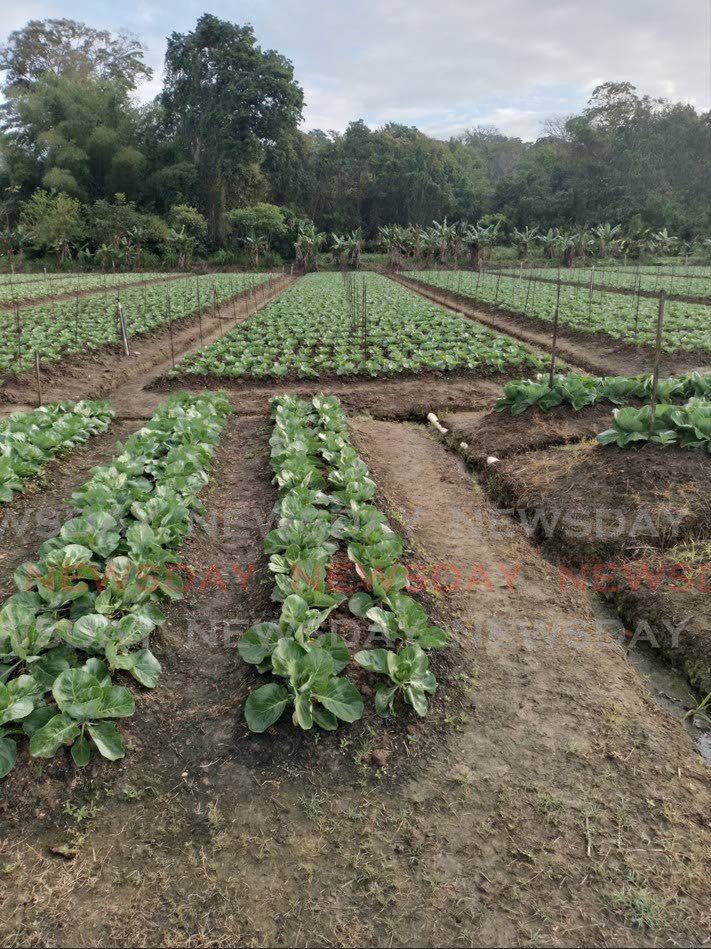
UWI students Nirvan Babwah hopes for increased investment in the agriculture sector, to help reduce TT’s high food import bill. He made this comment at UWI’s post-budget forum on October 10. – FILE PHOTO
The panel of speakers included Dr Marlene Attzs, Dr Dave Seerattan, energy consultant Kevin Ramnarine and Prof Roger Hosein, and was moderated by Dr Daren Conrad, head of the Economics Department, who gave their professional insights on the 2025 budget.
Alvarez remained cautious about the effectiveness of the allocation of $1.77 billion for urban and regional development and $7 billion for education.
Babwah acknowledged that the Minister of Finance addressed these issues with the significant allocation of these funds. He saw this as a positive step toward developing human capital, aligning with his earlier wishes.
He remained cautious, pointing out that successful implementation depends on the political will of the government and effective management of these resources, while remaining mindful that unforeseen geopolitical challenges could affect the outcomes he hoped for.
Singh questioned whether the proposed fiscal measures will be effective in reducing the country’s reliance on the oil and gas sector. He emphasised the need for diversification into areas such as tourism and agriculture as potential avenues for economic growth.
“I remain concerned about the budget deficit of $5.5 billion.
“Will the fiscal measures proposed really reduce our reliance on oil and gas?”
He highlighted the tourism and agriculture industries as potential avenues for economic growth, aligning with many stakeholders’ calls for a broader economic base.
He went on to discuss the removal of taxes on categories – sporting goods and the removal of import duties on electric-vehicle charging equipment – as positive steps toward growth.
“Even with these measures, I’m not sure how soon we’ll see an impact on our foreign-exchange situation,” he added, stressing the urgency of addressing the deficit.
Rampersad found the approach to national security unexpected, and felt the reduction in funding for the sector could have implications for crime-fighting efforts.
“I was surprised to see that the allocation for National Security was reduced from $6.9 billion to $6.1 billion.
“While a lower budget can be a concern, it’s more important that the spending is effective.”
She emphasised the need for strategic investments in technology and better effective management of the budget and resources allocated.
“We need accountability and transparency in how these funds are used to see real progress in reducing crime.”
Babwah praised the government’s focus on renewable energy sources, while expressing uncertainty about the long-term stability of energy-related projects.
“It’s a positive move toward aligning with global trends and reducing our reliance on traditional energy sources,” he said. “The renewable energy targets are ambitious, but the question is whether they’re achievable within the planned timeframe.”
He went on to praise digitalisation efforts, like the ones Rampersad hoped for, including the transition to e-textbooks.
“I think the move to implement an e-textbook system is a step in the right direction. It makes education more accessible and can reduce costs for students.”
Yet Babwah also raised concerns about accessibility for lower-income students.
“The real challenge will be making sure all students have access to the necessary technology to benefit from this system,” he emphasised, pointing to potential gaps in the transition.
The post Future economists demand accountability in 2025 budget appeared first on Trinidad and Tobago Newsday.
